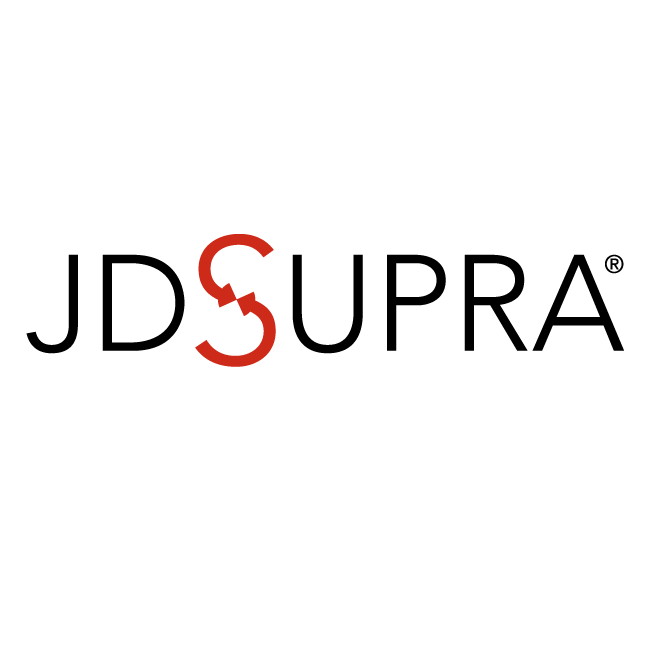Conflict of Interest: When professional judgement is compromised…. JD Supra.
Conflicts of interest can arise at any time during a professional engagement. According to the American Institute of Certified Public Accountants (AICPA), “A conflict of interest may occur if a member performs a professional service for a client or employer and the member or his or her firm has a relationship with another person, entity, product, or service that could, in the member’s professional judgment, be viewed by the client, employer, or other appropriate parties as impairing the member’s objectivity. If the member believes that the professional service can be performed with objectivity, and the relationship is disclosed to and consent is obtained from such client, employer, or other appropriate parties, the rule shall not operate to prohibit the performance of the professional service”. This definition can be summed up by stating that a conflict of interest exists when the member believes that objectivity is impaired.
The AICPA recommends that CPAS:
- Identify a conflict of interest. A CPA ought to be able to identify potential circumstances that could generate a conflict before accepting a client relationship.
- Evaluate a conflict of interest. If a conflict is identified, the CPA needs to determine if the risk associated with the client relationship is acceptable
- Disclose a conflict of interest. The conflict needs to be disclosed to all parties involved even if the risk(s) involved are at an acceptable level.
To avoid stress related to a conflict of interest, a CPA ought to:
- check for conflicts before every assignment
- define what constitutes a conflict
- if a potential conflict is identified, explain the process that will take place to determine if the engagement is acceptable
- establish parameters to determine that no conflict exists
- recognize when the risk level associated with the conflict is high and have an exit strategy to discontinue services in place.
Conflicts of interest may not be visible at the inception of a client relationship. According to the AICPA, the statistically most common examples of CPA conflict of interest which lead to malpractice accounting claims are:
- Provides tax or personal financial planning services for a married couple going through a divorce.
- Provides litigation support services for a plaintiff in connection with a lawsuit filed against a client of the CPA’s firm.
- Recommends that the client invest in a business with which the CPA has a financial interest.
- Provides tax planning and tax return preparation services to a partnership and also represents several of the partners on an individual basis.
- Provides tax or personal financial planning services to several people in the same family.
- Has a personal relationship with a client spouse while representing both spouses on a joint tax return.
The determination of an objectivity impairment is made by the member whose objectivity may be questionable. This appears to ignore the possibility that consent by an “appropriate” party may be just as easily withdrawn when facts and circumstances “change”; leaving the member in an uncomfortable, if not perilous position. “Changes” of circumstances can often occur when a CPA:
- Provides tax advice to ex-spouses and one spouse claims that the advice offered after the divorce was finalized resulted in higher taxes.
- Favors the personal interests of partners in a trust over the interest of the trust.
- Provides financial advice to a business based on private information from another business in the same industry.
- Negotiates more favorable terms for a business sale or purchase based on private information from another business in the same industry.
- Favors the interests of other parties when preparing valuation reports in order to retain a business as a client.
Forensic accounting engagements are by nature complex. Potential conflicts of interest ought to be identified by the CPA prior to the engagement. While performing forensic accounting services, a CPA must have:
- Integrity: Honesty is the best policy. Providing a service and gaining trust is the goal.
- Objectivity: Remaining impartial is critical.
- Independence: Professional judgement cannot be compromised and seeking the truth and facts is the main priority
Don’t be a victim of your own making. When engaging the services of a CPA, make sure that major business relationships (personal relationship, clients, lenders and vendors) are disclosed. Identifying potential conflicts of interest ahead of time and remaining objective in evaluating them is essential in the client and service provider relationship.
https://www.jdsupra.com/legalnews/conflict-of-interest-when-professional-38770/


